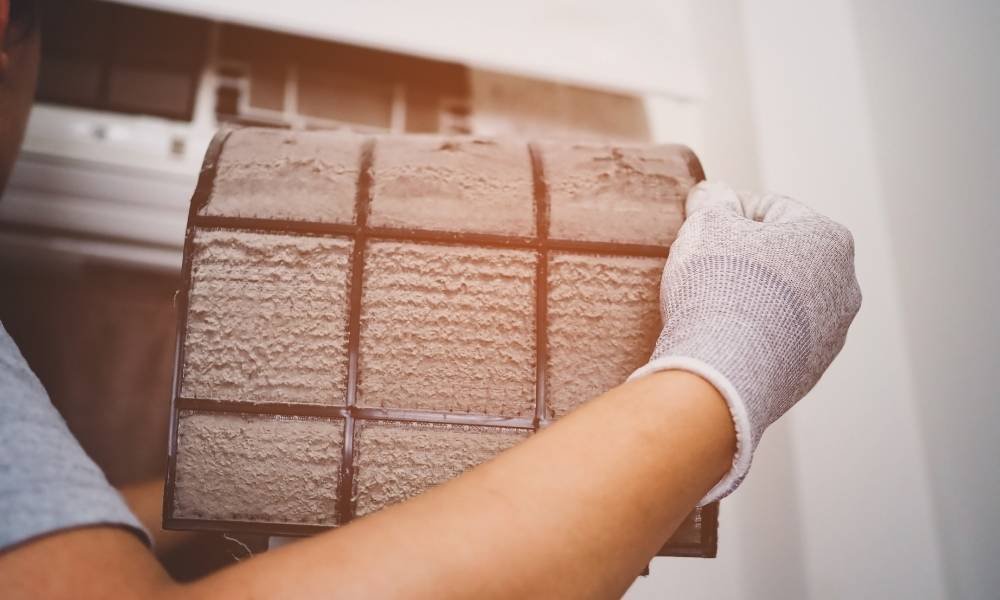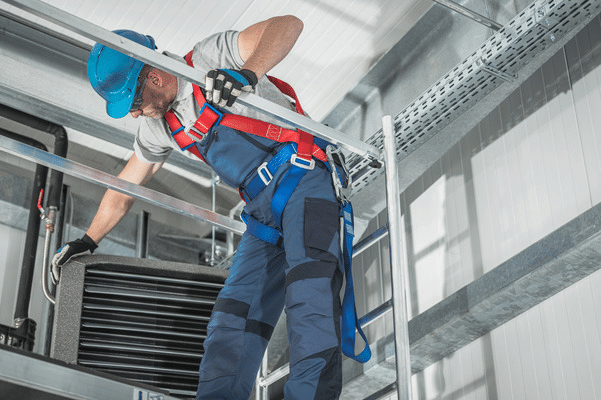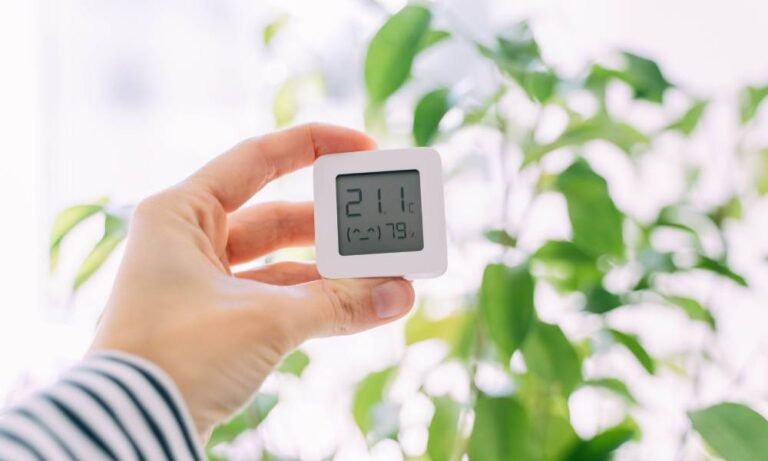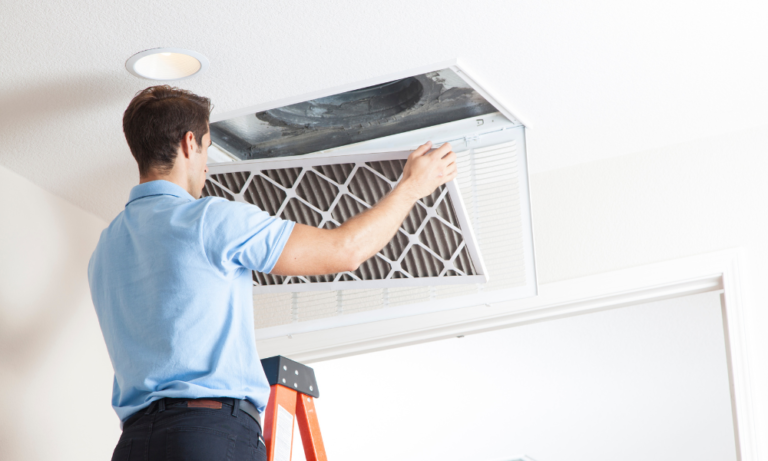Estimated reading time: 4 minutes
If you’ve had a repair service before for your heating, ventilation, and air conditioning (HVAC) unit, you’d know exactly how expensive it can be. But while some repairs are unavoidable, proper maintenance of your HVAC system can help minimize the number of times it will require repairs in its lifespan.
There are also preventive maintenance checks that you can do yourself to keep your HVAC system in good shape. Now here are some DIY maintenance tips to help you keep your HVAC system in tip-top shape:
Replace The Air Filters Regularly
As with any other filters, air filters in HVAC units accumulate dirt and dust over time and have to be regularly replaced to avoid blockages that can strain the rest of the system. While the general rule is to change filters every 30 to 90 days, it might be best to replace them earlier than that if you have pets or your windows are always open.
It’s also a good idea to use a high-efficiency filter to improve the system’s ability to trap tiny airborne particles such as volatile organic compounds, dirt, and dust. Just make sure to double-check if your HVAC unit is compatible with a high-efficiency filter.

Keep The Outdoor Unit Free From Debris
The outdoor unit of your HVAC system also requires proper care. Keep it free from any debris that may block the vents and cause the unit to overheat. Do a weekly inspection for any buildup of dirt, leaves, pollen, branches, and other debris.
Remove any debris from the top and sides of the unit using gloves, and if necessary, gently spray some water or use a damp cloth with a simple household cleaner to wipe off dust. Getting rid of any debris will ensure maximum airflow to the fan and boost your unit’s efficiency and lifespan.
Additionally, make sure that the area around the outdoor unit has a two-foot clearance from shrubs, trees, and leaves. You wouldn’t want any branches or leaves getting caught on the fan or motor of the unit. When this happens, it can damage the system and result in expensive repairs.
Give Your HVAC System A Break
If you want to keep your HVAC system in good shape, you should give it time to rest too. During warm summer days, it might be better to use portable or ceiling fans to allow air to circulate in your house and help the HVAC system bring the temperature down quickly.
During cool days, you can open the windows and switch the fans on to allow the cool air to circulate and keep your home comfortable.
Allow Your Humidifier To Rest
If you want to let your system rest during summer, it might be best to switch off the furnace humidifier’s water supply. As the cold season approaches, replace the water panel and adjust the relative humidity between 35% and 45% before you switch on the water supply to the furnace humidifier.
Monitor For Unusual Noises
While your HVAC system is running, you should monitor for any unusual noises. In some instances, the noise comes from debris or blockages in the vents, or wobbly bolts on the furnace or registers.
Clean The Registers
Make sure to keep the registers and air ducts free of debris and dust. As part of regular maintenance, you should thoroughly wipe down the registers as frequently as possible to prevent the buildup of debris and dust. On the other hand, cleaning the air duct is only recommended on an as-needed basis.
Know When To Call A Professional
There may be instances where issues with your HVAC system are more complicated and become more than what you can handle. For example, malfunctioning parts, blown fuses, or electrical issues. If you suspect a more complex issue, don’t underestimate it and try to fix it yourself. It’s always best to get in touch with a professional for a detailed inspection and proper repair in such cases.
Conclusion
One way to keep your HVAC system in good shape is to carry out simple DIY maintenance regularly. Aside from helping avoid issues in the future, it may also help you see potential problems right away. With the help of these maintenance tips, you can keep your HVAC system in optimum shape and ensure that it’ll help to keep your home comfortable for the years to come.



